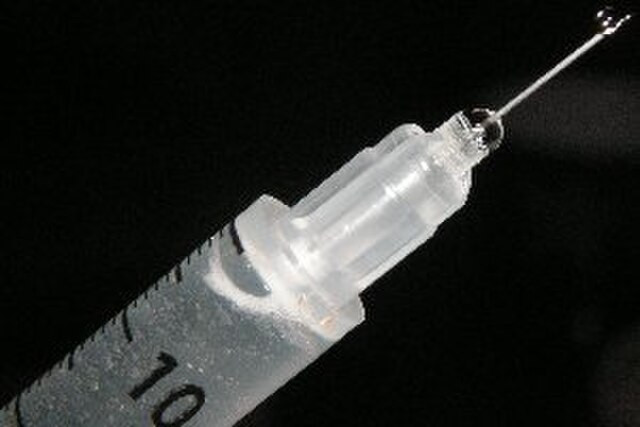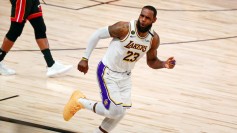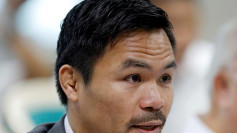In a deepening feud, the U.S. and global anti-doping agencies are at odds over controversial tactics employed by the U.S. Anti-Doping Agency (USADA) to combat drug use in sports. The dispute centers on USADA's practice of allowing athletes caught using performance-enhancing drugs to continue competing as undercover informants. This approach, employed between 2011 and 2014, has been deemed a violation of the World Anti-Doping Agency's (WADA) code.
The tension between USADA and WADA intensified after WADA accused the U.S. agency of breaking international rules by permitting athletes who violated drug regulations to compete without public prosecution, in exchange for information on other violators. WADA's stance is that such practices compromise the integrity of sports and undermine the global anti-doping system.
"WADA is now aware of at least three cases where athletes who had committed serious anti-doping rule violations were allowed to continue to compete for years while they acted as undercover agents for USADA, without it notifying WADA and without there being any provision allowing such a practice under the global code or USADA's own rules," WADA stated.
USADA, however, defends its tactics as necessary for uncovering broader doping conspiracies and criminal activities associated with sports. USADA Chief Executive Travis Tygart, known for his role in the prosecution of U.S. cyclist Lance Armstrong, argues that utilizing informants has been crucial in gathering intelligence on more significant issues within the sports world. "It's an effective way to get at these bigger, systemic problems," Tygart told Reuters, emphasizing that this method had supported a U.S. federal investigation into a human and drug trafficking scheme.
The global anti-doping code allows athletes who substantially assist in doping investigations to apply for a reduction in their bans after prosecution. However, it does not explicitly permit unprosecuted athletes to continue competing while serving as informants. WADA has criticized this interpretation, asserting, "The suggestion that the code can be used to justify a failure to prosecute a case for years while doped athletes are sent back into the field as undercover informants to compete against clean athletes is obviously wrong."
In light of WADA's objections, USADA has agreed to halt the practice unless explicitly cleared by the global agency. Despite this concession, Tygart has accused WADA of adopting an "anti-clean sport position," suggesting that the U.S. agency believed its methods were within the code's allowances.
This dispute highlights the ongoing, evolving battle against doping in sports. Anti-doping agencies are continually adapting to new substances and technologies that athletes use to gain unfair advantages. The agencies now store samples for ten years to retest them with more advanced techniques, a method that has led to numerous disqualifications and medal reallocations from the 2008 Beijing and 2012 London Olympics as recently as this year.
WADA learned in 2021 that USADA had been allowing athletes to act as informants while competing. By then, the athletes involved had retired, and WADA decided not to pursue further action due to concerns over the athletes' safety. "Being put in this impossible position, WADA had no choice but to agree," WADA stated.
Meanwhile, USADA has accused WADA of attempting to deflect criticism over its own handling of doping cases, particularly involving 23 Chinese swimmers who were allowed to compete despite positive drug tests. This controversy has added to the strained relationship between the two organizations.
Tygart's public criticism of WADA has led to calls for major reforms within the global agency. The U.S. Congress has opened a probe, and the FBI has launched a criminal investigation into WADA's practices. In response, WADA and the International Olympic Committee (IOC) have argued that U.S. officials are overstepping their authority. The IOC even threatened to revoke Salt Lake City's hosting of the 2034 Winter Games if the U.S. criticism and probes continue.




